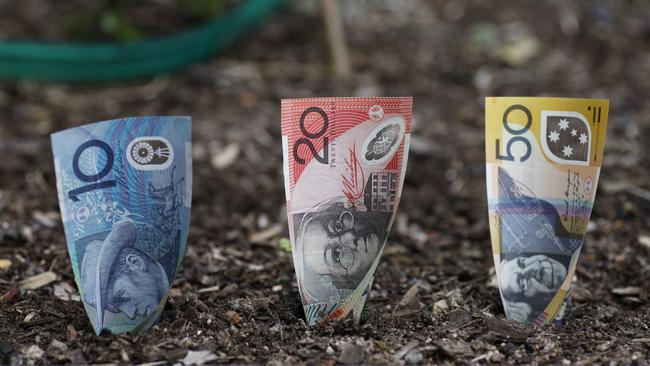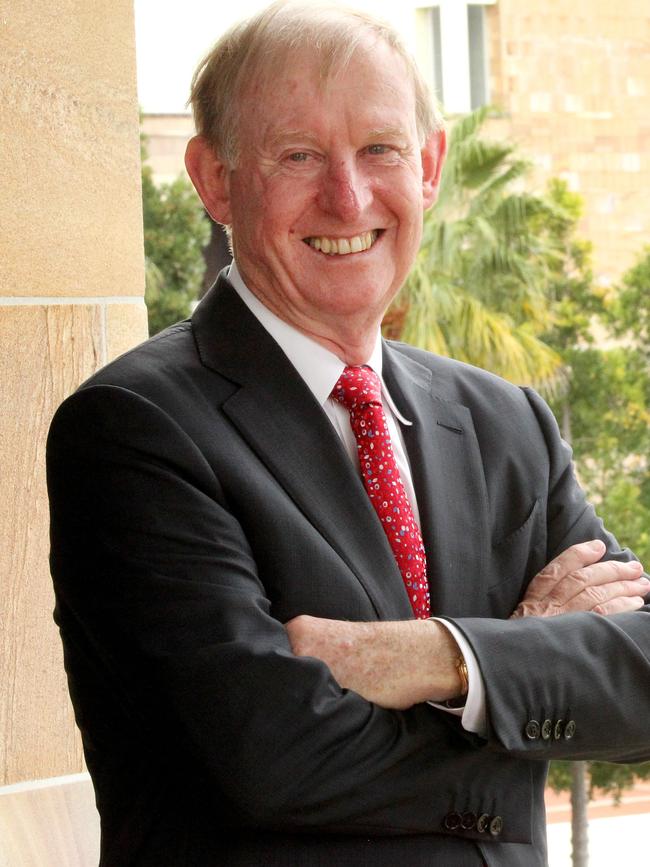Backlash spreads over super tax proposal
As disquiet grows over planned super tax changes, the Financial Services Council has rebuked the Albanese government, saying half a million existing super fund members will be affected.

The Financial Services Council has hit out at the federal government’s proposed superannuation tax changes, arguing that more than 500,000 existing super fund members, including more than 200,000 now under the age of 30, will be adversely affected.
It has also criticised the government’s refusal to index the $3m threshold for the tax structure as being unfair to future generations of super members.
Under the changes, which were announced earlier this year and detailed in draft legislation released this week, a 30 per cent tax will apply to the increase in the annual value of super funds over $3m during the financial year.
The government has argued that the proposed tax changes will only affect about 80,000 people. It says the new tax regime, which will controversially tax unrealised increases in the value of super funds – not just realised profits – is a necessary crackdown on tax concessions available to big private super funds.

Financial Services Council acting chief executive Spiro Premetis said more than 500,000 current taxpayers would be adversely impacted by the government’s proposed 30 per cent tax rate on balances above $3m because would reach the cap level during their lifetime.
He said this included “204,000 Australians under the age of 30”.
“Leaving the cap stuck at $3m will mean that in today’s dollars a 30-year-old will have a real cap of around $1m, calling into question the intergenerational fairness of an unindexed cap.”
The FSC’s comments come after criticism of the proposed tax regime by the Self Managed Super Funds Association.
The National Farmers Federation has also expressed its concern at the impact of the changes on farmers, who could be hard hit by the changes if they have their farms in their super funds.
The NFF said the changes could force farmers to sell off some of their property to pay the tax. It warned that the new taxes could “significantly impact” farmers’ earnings, potentially exceeding the amount of other earnings they made during the year.
It also warned that the new regime could have a significant negative impact on the intergenerational transfer of farms within a family, with the fixed $3m potentially bringing more assets into the much higher tax regime over time as farms rose in value.
Separately, Australia’s largest super fund, the $300bn AustralianSuper, has urged the federal government to move on its proposed legislation defining the objective of superannuation.
In a submission to the federal Treasury seen by The Australian, the fund has said the objective of super should be legislated as being to “preserve savings to deliver income for a dignified retirement, alongside government support, in an equitable and sustainable way”.
The idea of a legislated objective for super was first suggested by the former chief executive of the Commonwealth Bank, David Murray, in his review of the financial system released in December 2014.

The Albanese government has promised to act on the proposal, producing a discussion paper on the issue in February, and then working on draft legislation.
In its submission, AustralianSuper chief officer, strategy and consumer affairs Paula Benson said the fund would “welcome its passage as soon as possible”.
“Superannuation is members’ money,” she said.
“While there are significant economic benefits to the nation in the pool of capital that superannuation reflects, superannuation members must have the confidence that their money will be invested appropriately to deliver them their best possible position in retirement,” she said.
“We strongly believe an objective should be settled and legislated for once and for all to provide long-term stability and certainty for our superannuation system.”
The fund’s proposed wording for the objective of superannuation includes the preservation of super for retirement – a move which would head off plans by governments to allow members to dip into their super funds for other purposes, including buying a home.
The Morrison government allowed members to access their super funds twice during the Covid pandemic – to a maximum of $10,000 each time — and proposed during the election campaign that it could be accessed by first-home buyers up to a maximum of $50,000.
The super fund industry has expressed concern that future governments could seek to use super for other purposes.
The industry is hoping that a legislated objective could spell out that it needs to be preserved for retirement and not accessed earlier to meet other social goals.








To join the conversation, please log in. Don't have an account? Register
Join the conversation, you are commenting as Logout